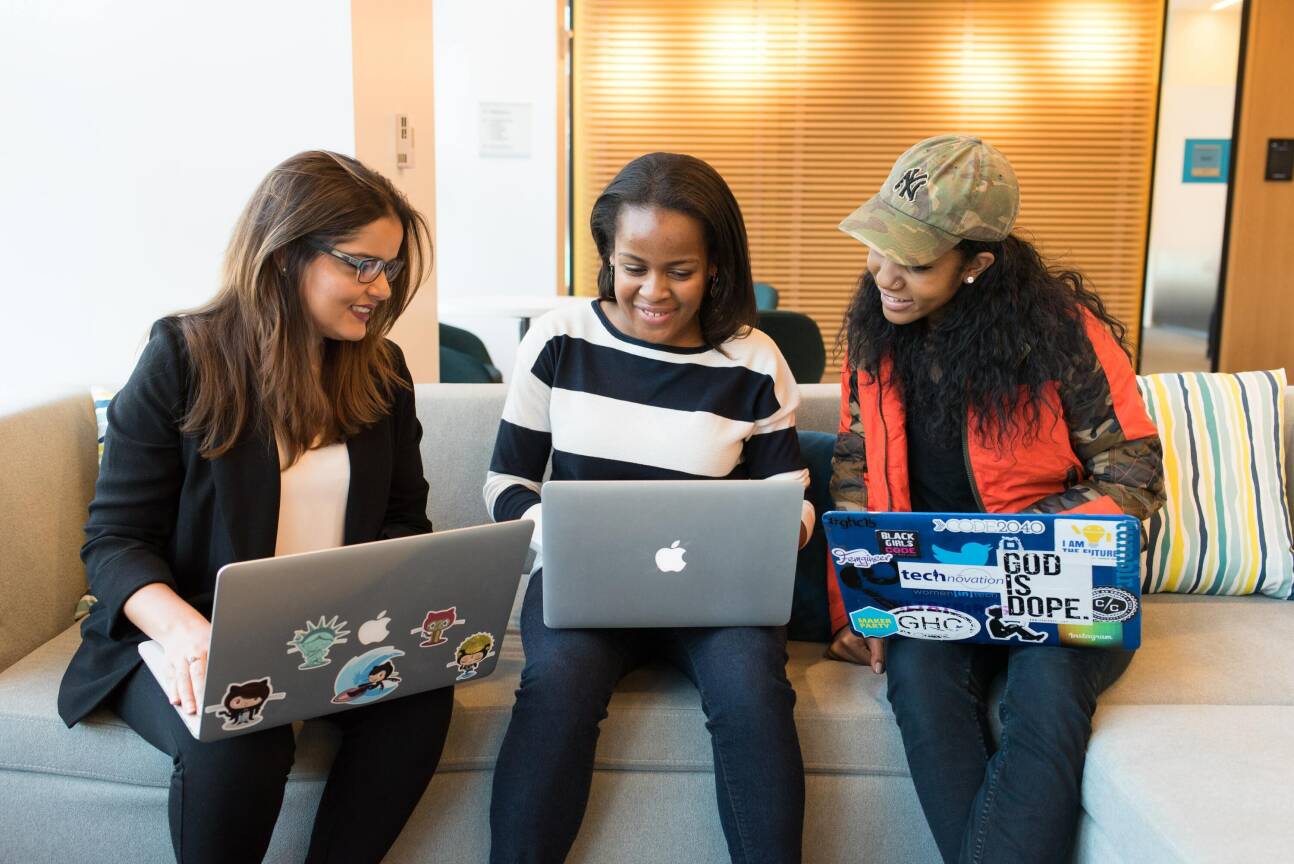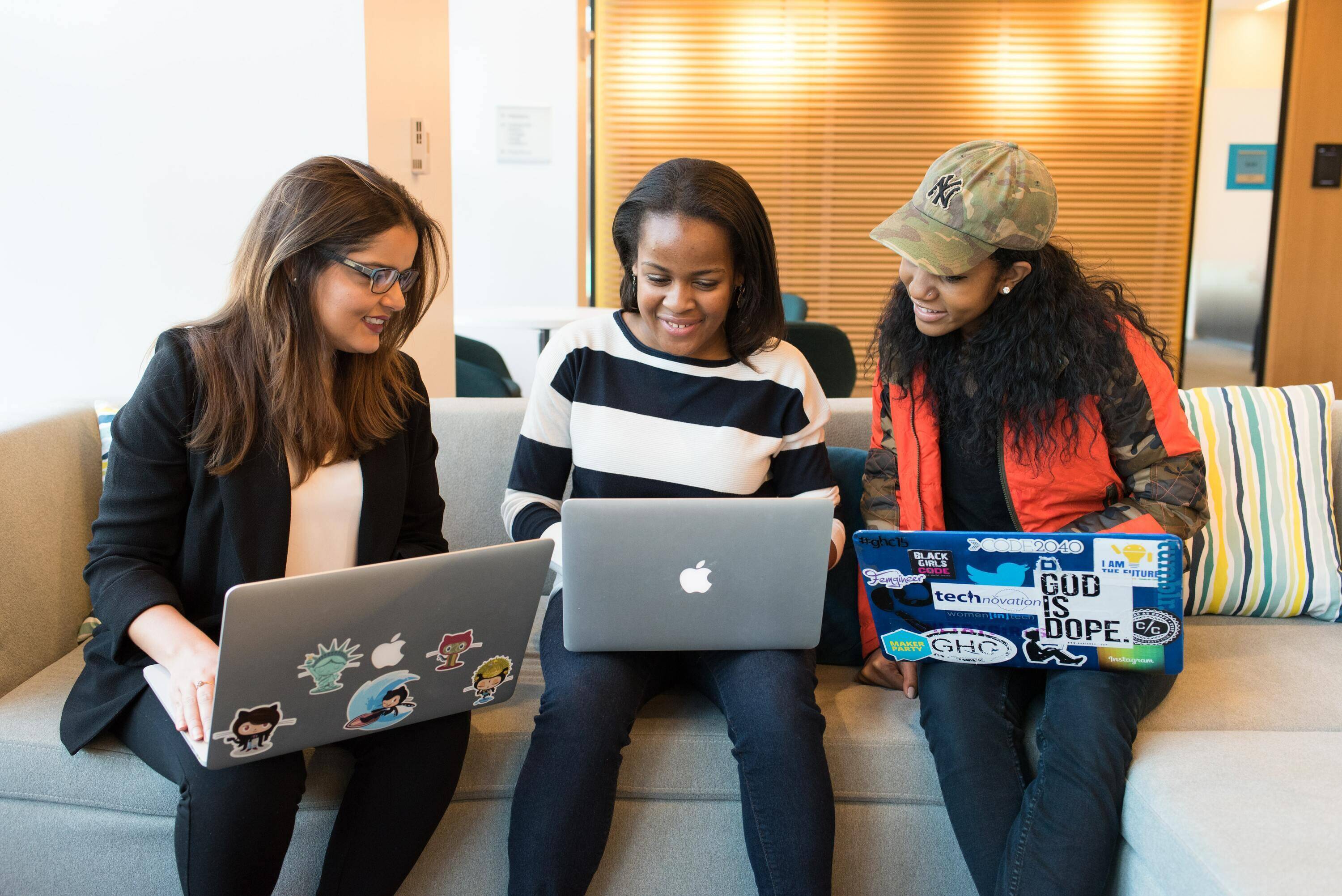Parenting doesn’t come with a rulebook, especially not one that covers TikTok, encrypted chats, deepfakes, and disappearing messages. Many parents find themselves overwhelmed and concerned about their children's safety in the digital world. While screens open doors to knowledge and connection, they also bring new risks such as online child sexual exploitation and abuse (OCSEA).
But here’s the good news: parents and caregivers don’t need to be tech experts to be effective digital guides for their children. They just need to be present, aware, and engaged.
We Bought Them the Devices - Now What?

Be there when they need you
You gave your child a phone to help them learn, connect, and stay safe. Now, the real work begins—not as a tech cop, but as a trusted guide. Because in a world where a single click can change a child’s life, your presence—calm, informed, and caring—is the most powerful protection of all.
‘Most of the time, I prefer to talk to them calmly rather than scolding them’
- Caregiver Philippines
Barriers to Speaking Up - Especially for Girls
In many cultures, discussing sex, consent, or abuse is still taboo. This silence not only isolates children—it can also lead to victim-blaming and missed opportunities to protect them. The new “Shifting the Narrative” guidelines, developed in part with input from children in Kenya, emphasize the importance of language that supports, not shames, survivors. Parents have a major role in modelling this mindset at home.
“African parents are not really open to giving sex education to their children. You tell your parents something you saw online, and they think it's you who was looking for it.” - Adolescent girl, Kenya
Girls face many barriers to speaking up because of gender norms, but boys are also at risk of sexual exploitation and abuse. They are often left to their own devices to deal with these risks because they are seen as stronger and less sensitive.
What Real Parents Are Saying
Despite the challenges, many caregivers are finding ways to connect, protect, and empower their children:
“We need to be the first people to be a good role model to our children. Whatever we do is what our children are copying.” - Female caregiver, Kenya
Being a digital-age parent is not about controlling everything your child does, it’s about guiding them, being involved, and staying curious. Whether it’s asking about their favourite influencer, joining a tech workshop, or simply listening without judgment, these small actions can create a powerful safety net.
Simple Steps for Safer Digital Parenting
Start the conversation early: Don't wait for something to go wrong.
Educate yourself about the platform your child uses. You don't need to be an expert, just aware.
Listen without judgement when your child opens up about something that has happened to them online
Set boundaries together, not alone, Make them feel included and allow them to feel like part of the solution.
Join community sessions or school/NGO training on online safety if they're available.
“I Don’t Even Know What They’re Talking About”
Digital literacy among caregivers is still catching up to the fast pace of technology. Many parents—especially those who didn’t grow up with smartphones—feel ill-equipped to protect their children online. Some even avoid checking in out of fear of "breaking something" or because their children’s digital slang is simply indecipherable.
But rather than being frozen by fear or guilt, small steps—like asking your child to show you their favourite app, or watching a YouTube video on parental controls—can go a long way.
The Real Impact on Kids
Children and teens are navigating intense online experiences—some lighthearted, others dark and traumatic. Sadly, some of these experiences include grooming, blackmail, and exploitation. For children, the shame and stigma of speaking up can be overwhelming, especially if they fear punishment or judgment from their parents.
That’s why fostering an environment of open communication and trust is vital. If your child encounters something disturbing, will they feel safe enough to come to you first?
“It's fun, but you never know who's on the other side... We've seen things online that no one prepares you for. It messes with your head.”
- Boy, Nepal
“My children talk about Snapchat and other social media chatting sites. I have no idea what they do or see in those chats. I’m unable to control or restrict them as I don’t even know if those sites are bad.”
- Father, Nairobi

We Bought Them the Devices - Now What?
Parenting doesn’t come with a rulebook, especially not one that covers TikTok, encrypted chats, deepfakes, and disappearing messages. Many parents find themselves overwhelmed and concerned about their children's safety in the digital world. While screens open doors to knowledge and connection, they also bring new risks such as online child sexual exploitation and abuse (OCSEA).
But here’s the good news: parents and caregivers don’t need to be tech experts to be effective digital guides for their children. They just need to be present, aware, and engaged.

Simple Steps for Safer Digital Parenting
Start the conversation early: Don't wait for something to go wrong.
Educate yourself about the platform your child uses. You don't need to be an expert, just aware.
Listen without judgement when your child opens up about something that has happened to them online
Set boundaries together, not alone, Make them feel included and allow them to feel like part of the solution.
Join community sessions or school/NGO training on online safety if they're available.

Be there when they need you
You gave your child a phone to help them learn, connect, and stay safe. Now, the real work begins—not as a tech cop, but as a trusted guide. Because in a world where a single click can change a child’s life, your presence—calm, informed, and caring—is the most powerful protection of all.
‘Most of the time, I prefer to talk to them calmly rather than scolding them’
- Caregiver Philippines
Barriers to Speaking Up - Especially for Girls
In many cultures, discussing sex, consent, or abuse is still taboo. This silence not only isolates children—it can also lead to victim-blaming and missed opportunities to protect them. The new “Shifting the Narrative” guidelines, developed in part with input from children in Kenya, emphasize the importance of language that supports, not shames, survivors. Parents have a major role in modelling this mindset at home.
“African parents are not really open to giving sex education to their children. You tell your parents something you saw online, and they think it's you who was looking for it.” - Adolescent girl, Kenya
Girls face many barriers to speaking up because of gender norms, but boys are also at risk of sexual exploitation and abuse. They are often left to their own devices to deal with these risks because they are seen as stronger and less sensitive.
What Real Parents Are Saying
Despite the challenges, many caregivers are finding ways to connect, protect, and empower their children:
“We need to be the first people to be a good role model to our children. Whatever we do is what our children are copying.” - Female caregiver, Kenya
Being a digital-age parent is not about controlling everything your child does, it’s about guiding them, being involved, and staying curious. Whether it’s asking about their favourite influencer, joining a tech workshop, or simply listening without judgment, these small actions can create a powerful safety net.
“It's fun, but you never know who's on the other side... We've seen things online that no one prepares you for. It messes with your head.”
- Boy, Nepal
“I Don’t Even Know What They’re Talking About”
Digital literacy among caregivers is still catching up to the fast pace of technology. Many parents—especially those who didn’t grow up with smartphones—feel ill-equipped to protect their children online. Some even avoid checking in out of fear of "breaking something" or because their children’s digital slang is simply indecipherable.
But rather than being frozen by fear or guilt, small steps—like asking your child to show you their favourite app, or watching a YouTube video on parental controls—can go a long way.
The Real Impact on Kids
Children and teens are navigating intense online experiences—some lighthearted, others dark and traumatic. Sadly, some of these experiences include grooming, blackmail, and exploitation. For children, the shame and stigma of speaking up can be overwhelming, especially if they fear punishment or judgment from their parents.
That’s why fostering an environment of open communication and trust is vital. If your child encounters something disturbing, will they feel safe enough to come to you first?
“My children talk about Snapchat and other social media chatting sites. I have no idea what they do or see in those chats. I’m unable to control or restrict them as I don’t even know if those sites are bad.”
- Father, Nairobi

